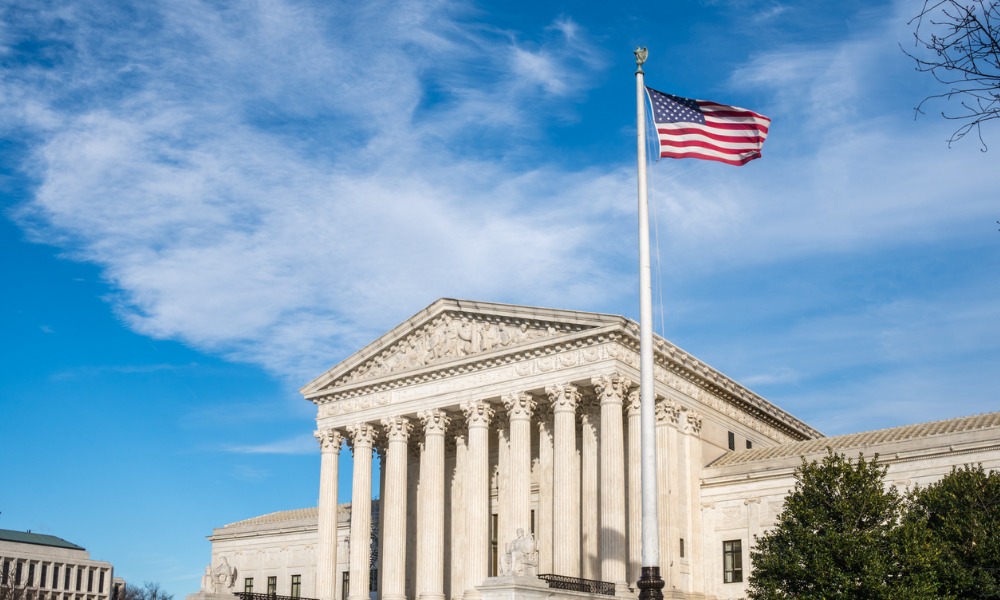
A recent Idaho statute outlaws puberty blockers and hormone therapy for transgender minors

The US Supreme Court has cleared the way for Idaho to enforce a ban on gender-affirming care for transgender minors in a recent decision that has significant implications for transgender health care in the nation.
The court’s decision addressed the legality of an Idaho statute enacted last year that outlaws treatments like puberty blockers and hormone therapy for transgender minors. Under the newly authorized law, physicians found that providing such care risks penalties, including up to 10 years in prison and fines of up to US$ 5,000. The law is now effective statewide, although it specifically exempts the two transgender minors who originally challenged the statute.
In a detailed decision, the Supreme Court responded to the Ninth Circuit Court's universal injunctive relief, which had previously halted the Idaho law enforcement. The justices supported the decision, emphasizing the need to address the broader issue of universal injunctive relief, which they deemed had been overextended by the lower court.
The Supreme Court's ruling criticized the Ninth Circuit for overreaching its authority by blocking the law statewide based on the circumstances of the two plaintiffs alone. The majority opinion pointed out the necessity of addressing the matter of such expansive relief, which they noted had been pending before the court for some time.
In dissent, the court's liberal justices argued for maintaining the full block on the law, stressing the importance of allowing challenges to progress through the lower courts in due course.
Idaho's Attorney General, Raul Labrador, said, “Every day Idaho’s law remains enjoined exposes vulnerable children to risky and dangerous medical procedures and infringes Idaho’s sovereign power to enforce its democratically enacted law.”
The plaintiffs, meanwhile, maintained that the ban discriminates against transgender individuals in violation of the Equal Protection Clause of the Fourteenth Amendment, as enforced under 42 U.S.C. § 1983. Their legal representation argued that the law unfairly targets transgender minors while allowing similar treatments for cisgender youths under specific conditions.
Jurist reported that the decision is part of a broader national trend, with over 20 conservative states enacting similar laws targeting transgender youth's access to medical care. The legal battle continues, as more cases from states like Tennessee and Kentucky are expected to reach the Supreme Court this spring.